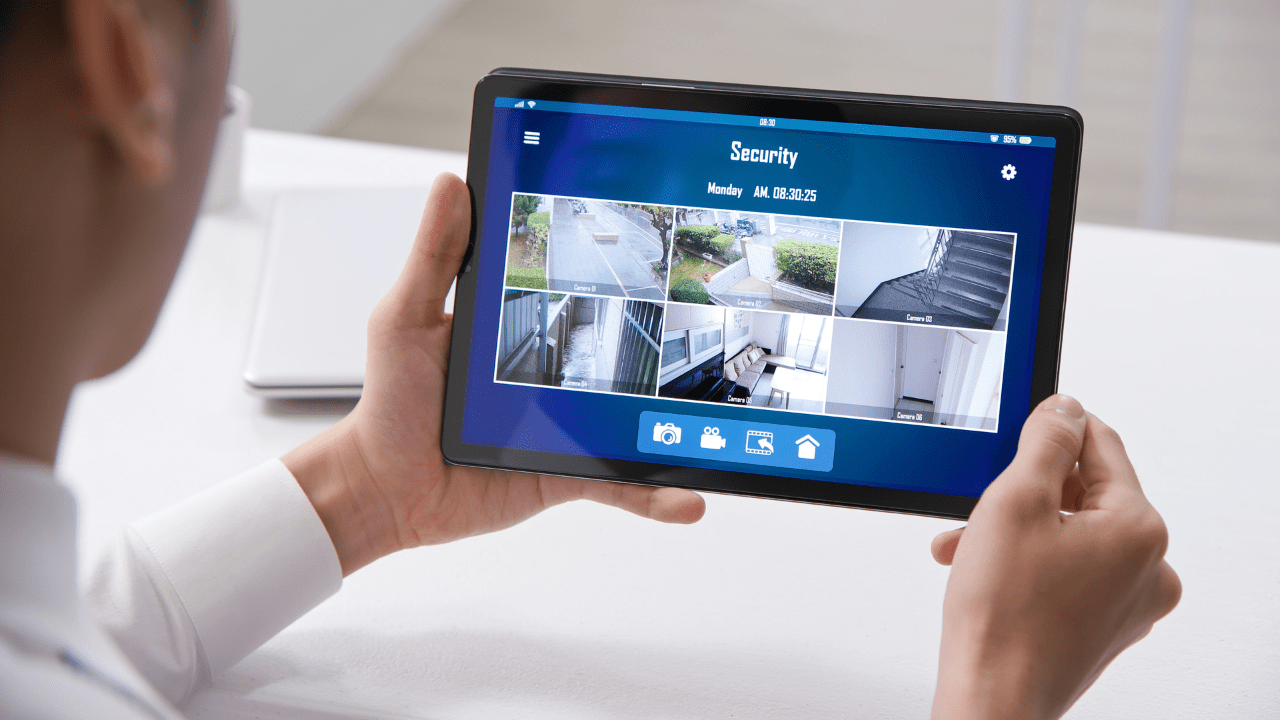In the bustling world of commerce and industry, one factor remains a priority – security. Businesses, irrespective of size or sector, need to ensure their assets, personnel, and data are well protected. One way to achieve this is through Business Security Camera Systems.
But why are they so important? Picture this.
It’s late at night, and the only thing keeping a watchful eye over your business is your security camera system. In the event of a security breach, the camera system springs to action, capturing valuable data that could help in investigating the incident.
NVR vs DVR: Understanding the Basics
Both NVR and DVR are key components in any surveillance system, providing video recording, live viewing, and often additional features such as motion detection. Despite their similarities, NVR vs DVR, what’s the difference, and how they process video data.
Types of Security Cameras
In the quest for ultimate business protection, you might wonder, ‘What types of security cameras are there?’
- These are the traditional types, which use coaxial cable to transmit video from the camera to the recording device.
- Also known as network cameras, they transmit digital video over the internet allowing real-time remote viewing and recording.
- These cameras use wireless technology, offering flexibility in placement and reducing the clutter of wires.
- For businesses needing superior image clarity, High-Definition cameras offer higher resolutions.
How Business Security Cameras Work
So, how do these camera systems work? It all starts with connection and powering – the cameras need a power source and a connection to a recording device. They then capture video, with IP and HD cameras converting the video into a digital format. This footage is then accessible for live viewing or recorded for later playback.
Choosing a security camera system is like picking a suit—it needs to fit you and your business perfectly. Consider your security needs and coverage, the camera resolution you require, the storage capacity for recordings, and of course, your budget.
Benefits of Business Security Camera Systems
Now let’s talk about the benefits. Security cameras act as a deterrent to crime. They also provide valuable evidence in the event of an incident. They can help you monitor your business operations remotely and could even lead to a reduction in your insurance premiums.
Like any other system, security cameras have their drawbacks. Privacy issues can arise, ongoing maintenance can be costly, and data protection of the recorded footage is paramount.
Conclusion
While the journey into the realm of business security camera systems may seem daunting, the peace of mind and the protection they offer is invaluable. As each business is unique, so should be its security solutions.
FAQs
- What are the different types of business security cameras?
Analog, IP, wireless, and high-definition cameras are the main types.
- Do all security cameras need a power source?
Yes, they either need a direct power supply or batteries.
- Can I access my security camera footage remotely?
With IP and wireless cameras, yes, you can view footage remotely.
- Are higher-resolution cameras always better?
Higher resolution offers clearer images but often requires more storage capacity.
- What factors should I consider when choosing a security camera system?
Consider your security needs, desired coverage, camera resolution, storage capacity, and budget.



